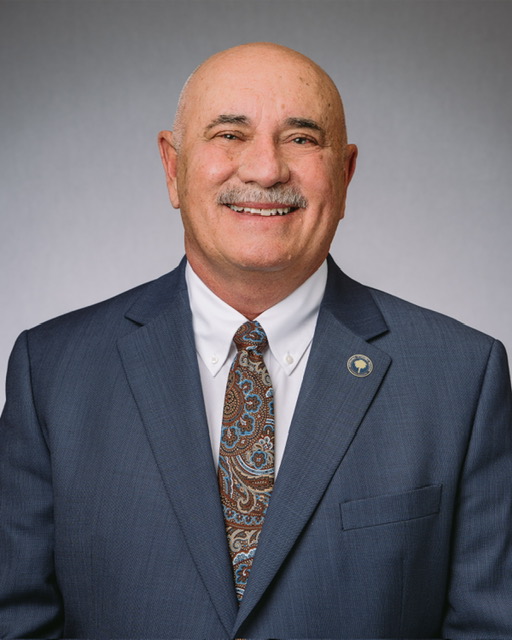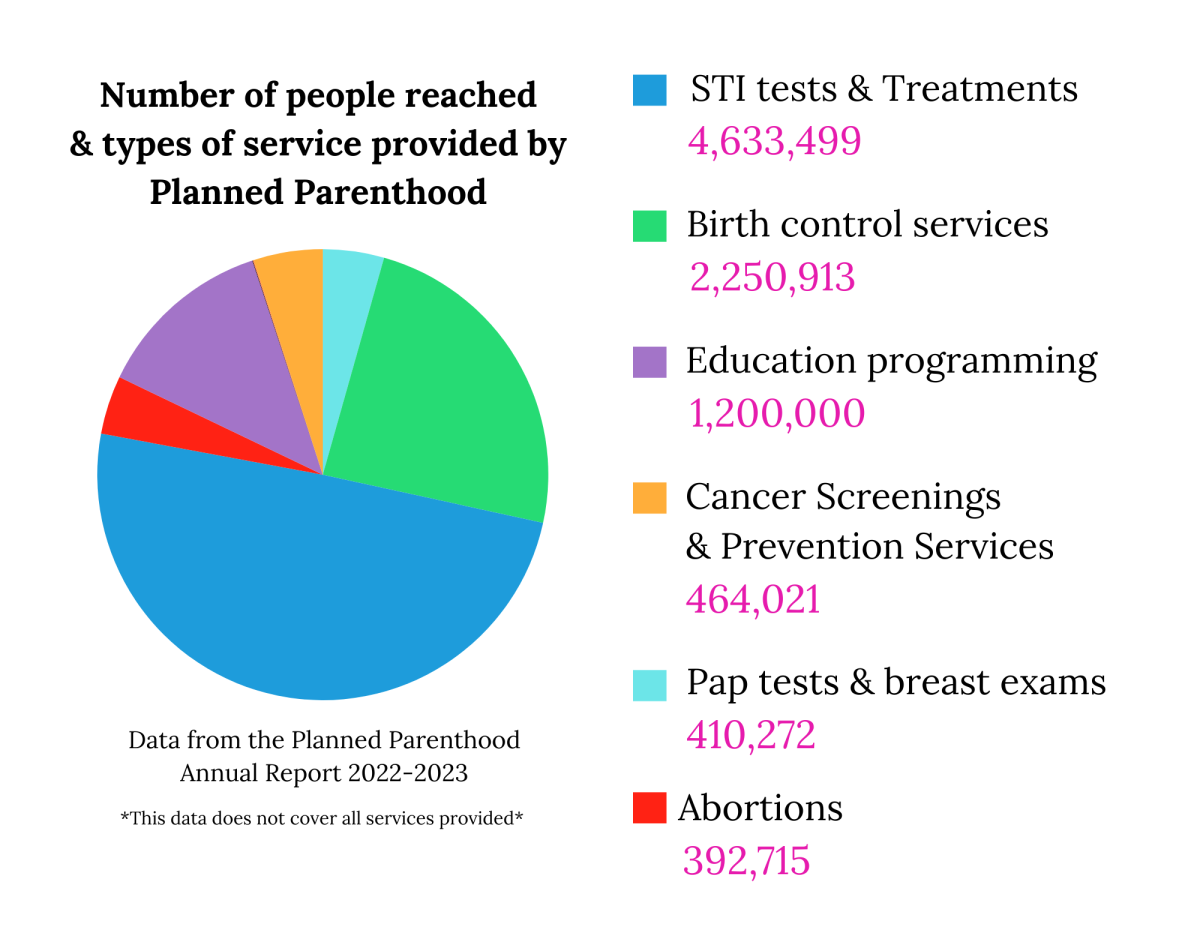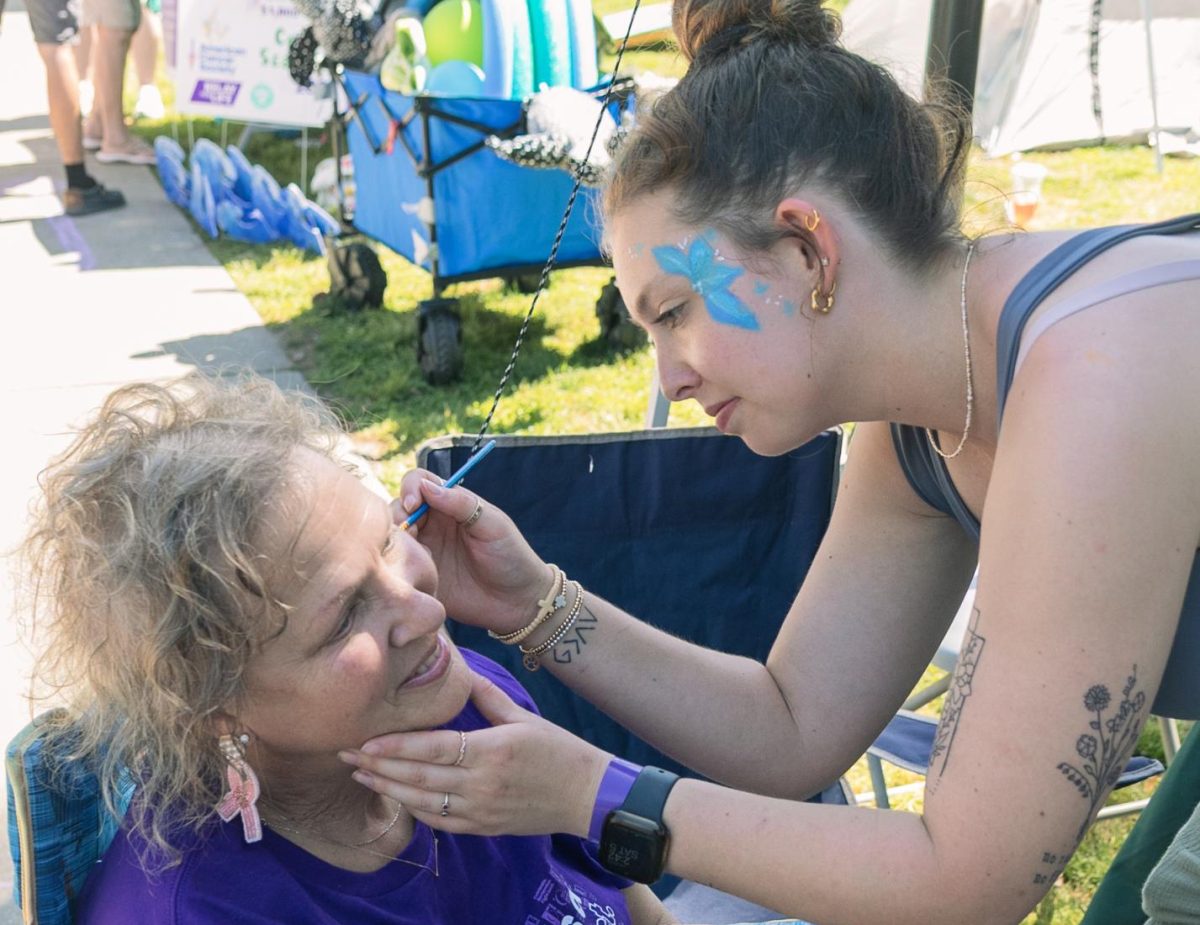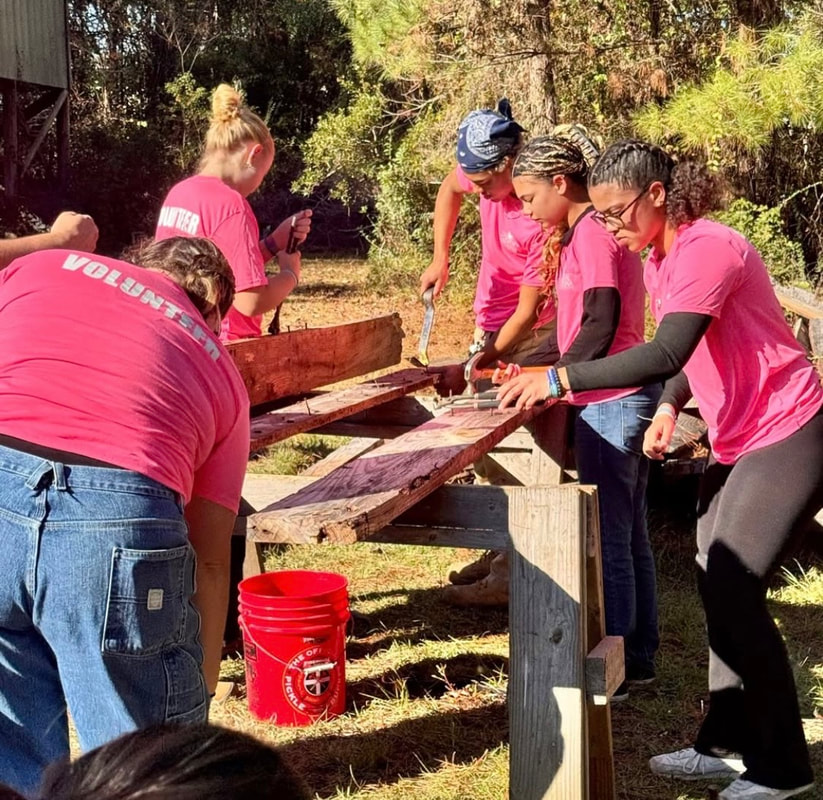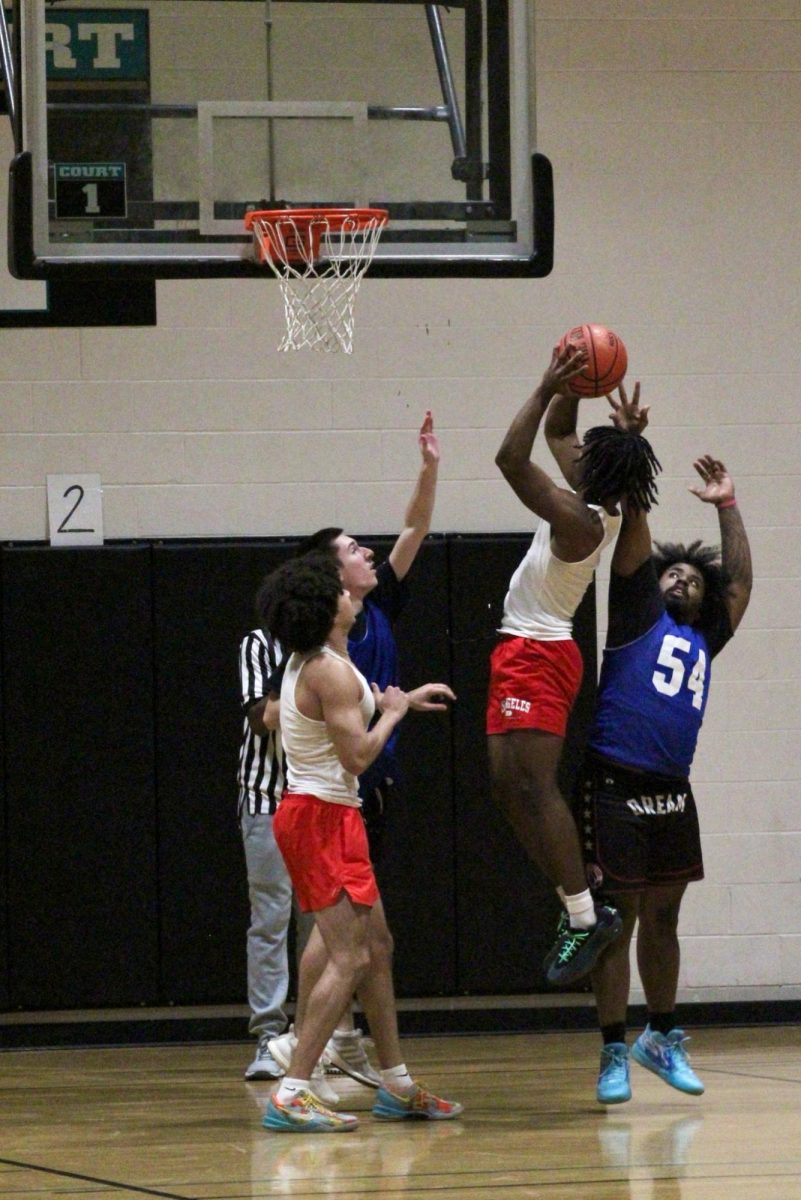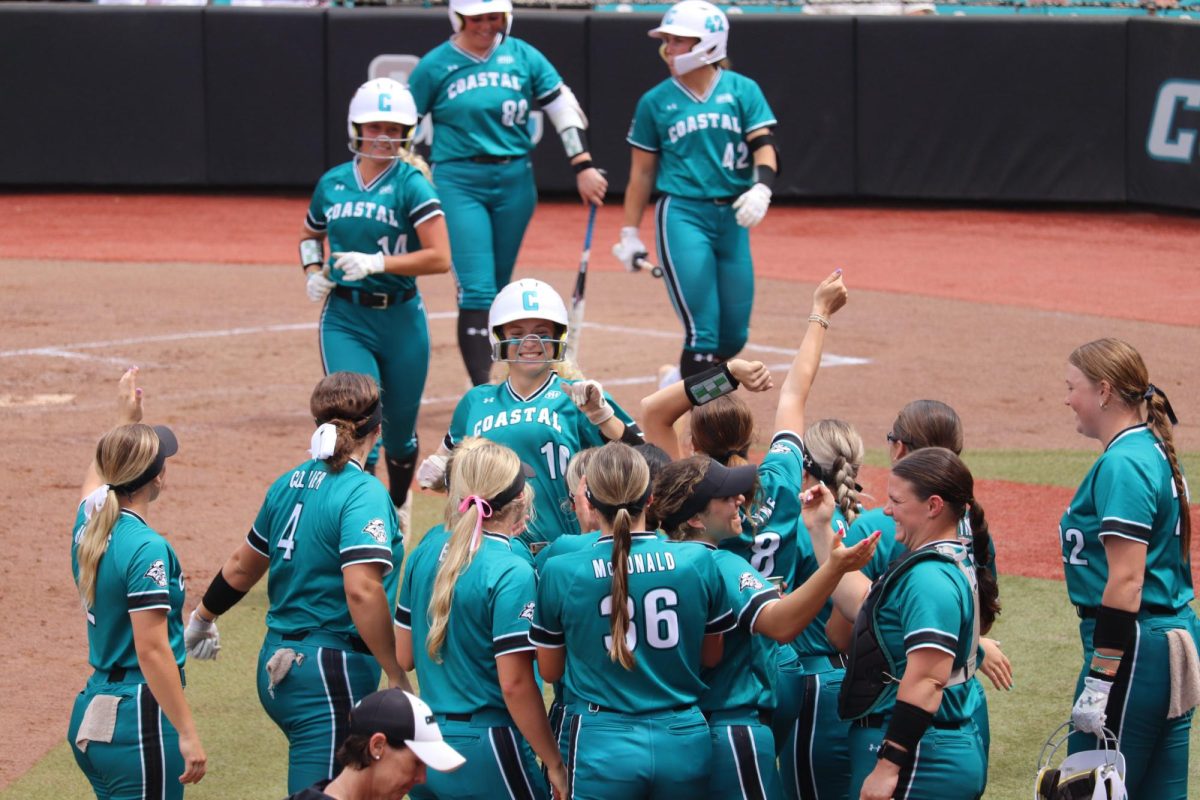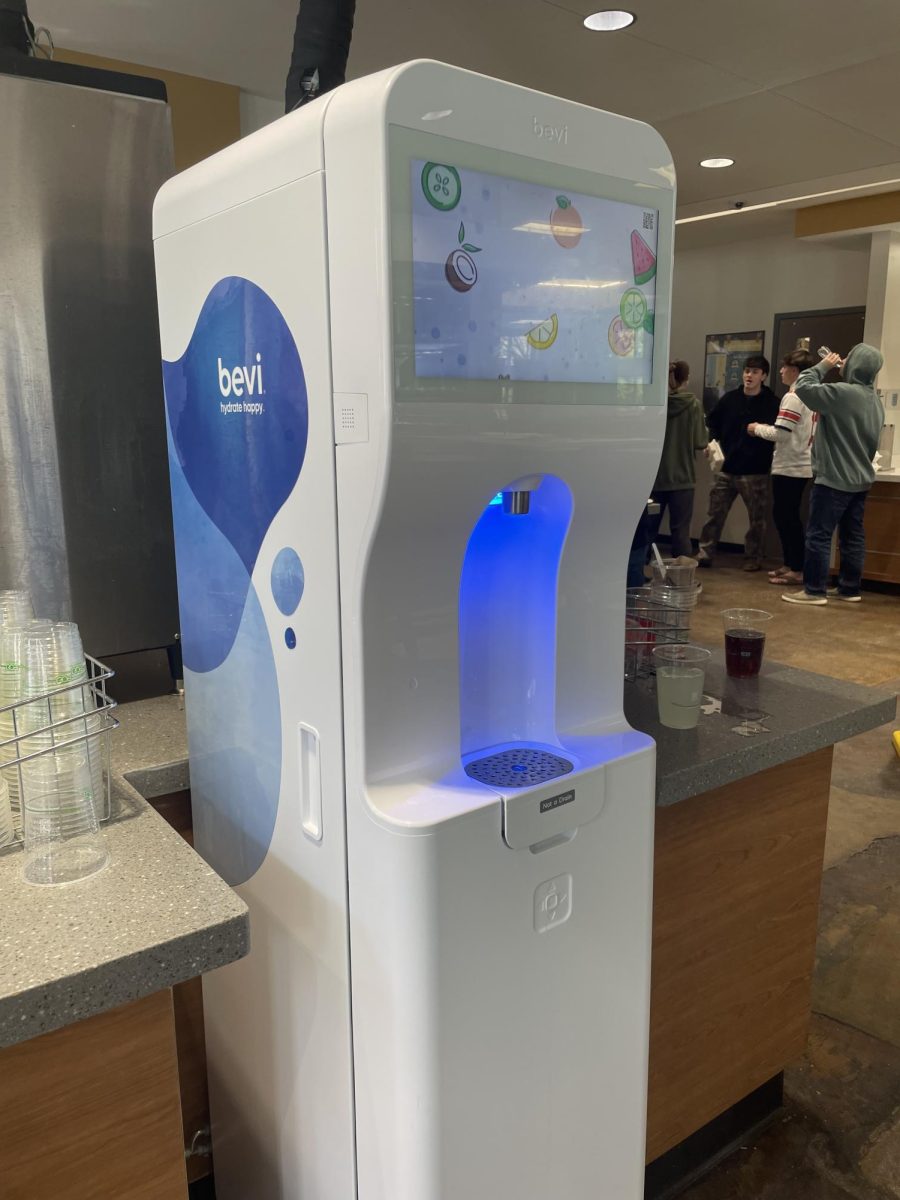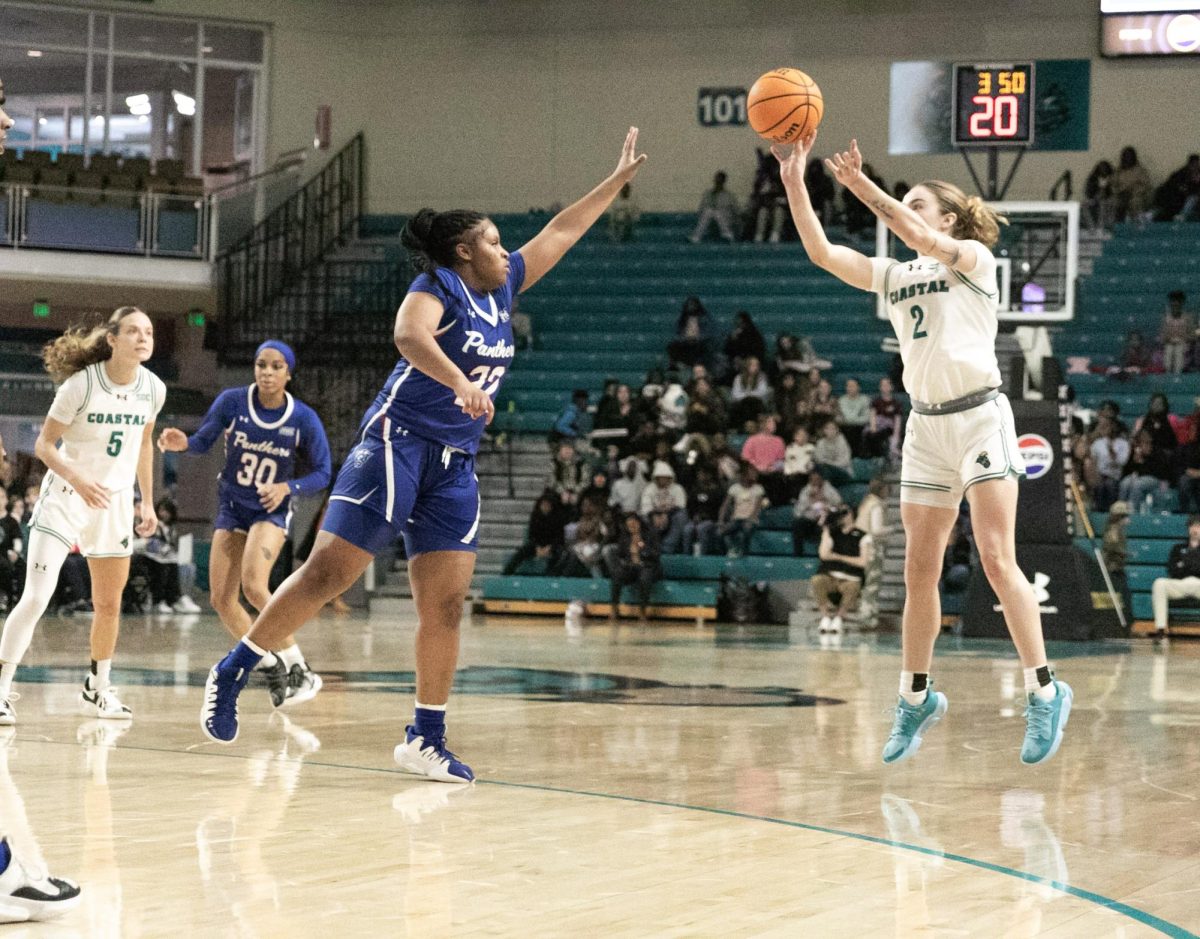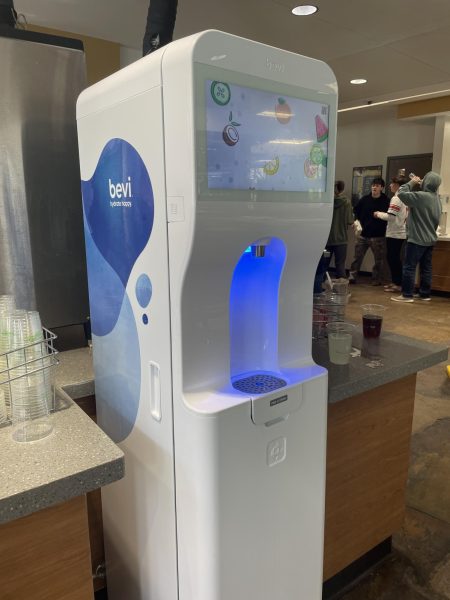A Prescription For Loneliness: Mail Order Pharmacy doesn’t know your name. They only know your credit card number.
I have worked at my family’s independent pharmacy since I was fifteen years old. I know every patient by name and some I can recognize their voice on the phone before they give me their name. Customers are family. When Mrs. Ora Lee comes to pick up her medication, you will always get a jar of her homemade jelly or some baked treat. I remember which customers want HEART and SLEEP written in big bold sharpie letters on their prescription bottles so they can remember what the drug is for. Specializing care and making people feel known is what I love about pharmacy.
We are living in the height of the convenience era. With the click of a button, you can have almost anything delivered to your doorstep, now including your prescriptions. As these services become the preferred way of doing business, many local businesses across the country are closing their doors.
‘Shop local’ has been a trendy catchphrase for years among environmental enthusiasts for its impact on transportation pollution. It also generates 70% more revenue back into the local economy (Huff Post). If these reasons alone have not convinced people of the importance of shopping locally, the one highly underrated benefit rarely mentioned is the social interaction and community bonding that occurs through these transactions at local businesses. When I tell people to switch to a local pharmacy, it isn’t from a business perspective, it’s the experience of immersing oneself into their community and building human relationships. The quality of care one receives at their local pharmacy can never be replicated through delivery services because of how intimate and important the nature of pharmaceuticals is. Medication, illness and pain are a few of the most personal things people have in their lives, and to be able to walk with them through that journey taught me about community, relationships and what it means to be a neighbor.
Anna Grace Grainger worked at Nye’s Pharmacy in Conway, South Carolina for a little over a year. Nyes, famous for their turkey salad sandwiches, was founded in 1928 and is cherished by all who live in the small town. Anna Grace says that “there’s no such thing as saying ‘that is not my job’, you always go out of your way for customers”. Grainger recalled an elderly widow who would come to the pharmacy every day until she passed to chat with the employees.
Marie Dawsey has worked at the Medicine Mart for 27 years. When you walk in the pharmacy, she is the first face you see and more than likely who will talk to you while you are checked out. When other employees answer the phone, there is a 50% chance the caller will ask, “Can I speak to Marie”. Some customers have even figured out which day she is off, and avoid calling on those days. “I have many job descriptions; part technician, part therapist,” Dawsey says. Dawsey says the relationships she has fostered over the years allows her to look forward to coming to work each day. “We get calls all the time from people who use mail order who need help or have questions, and don’t know where to go” Dawsey states. Mail order pharmacies promote themselves as being the “pharmacy of the future”, but when people have questions, they are given a voice automation line and put on hold for extensive periods of time.
I spoke with the pharmacist at the pharmacy, Lisa Todd who says she gives her personal cell phone number out to customers with terminally sick children or spouses should they ever need advice or services during closed hours.
Mental health has been at the forefront of discussion lately, with the pandemic advancing symptoms of loneliness and depression that were previously unaddressed. Harvard’s Making Caring Common Project initiated a study that showed “36% of all Americans—including 61% of young adults and 51% of mothers with young children—feel “serious loneliness. (Loneliness in America Study)”. It noted that the rate of loneliness has increased significantly since the pandemic. This was a time of quarantine, when staying in your home was needed and the rate of delivery services skyrocketed. As human interaction dwindled to contactless delivery, the rates of loneliness skyrocketed.
As we are coming out of the pandemic, the rates of use of these services have not slowed down, but we haven’t asked ourselves what effect this has on us and our mental state. Dr. Angela Lim, founder of Clearhead, an online mental health service states that when people shop locally, they gain a greater sense of community and a feeling they are making a difference in their community (Stuff.com). A study found that a sense of community is a key driving force among consumer behavior when they shop locally.
Mail order pharmacies have gained traction over the past ten years with promises of convenience and accessibility. Some insurance companies are forcing their customers to use these mail order services in order to save money. For many elderly customers, their visits to the pharmacy is the only interaction they have.
When asking a Medicine Mart customer why he uses a local pharmacy, he said “Ain’t never a line, they’s always good to me here and know me by name.” Being known by someone is an experience that cannot be overshadowed and is only going to become rarer if our society advocates for convenience over connection. While these conveniences may seem to be “progress”, we have to consider what will be lost in the process.
